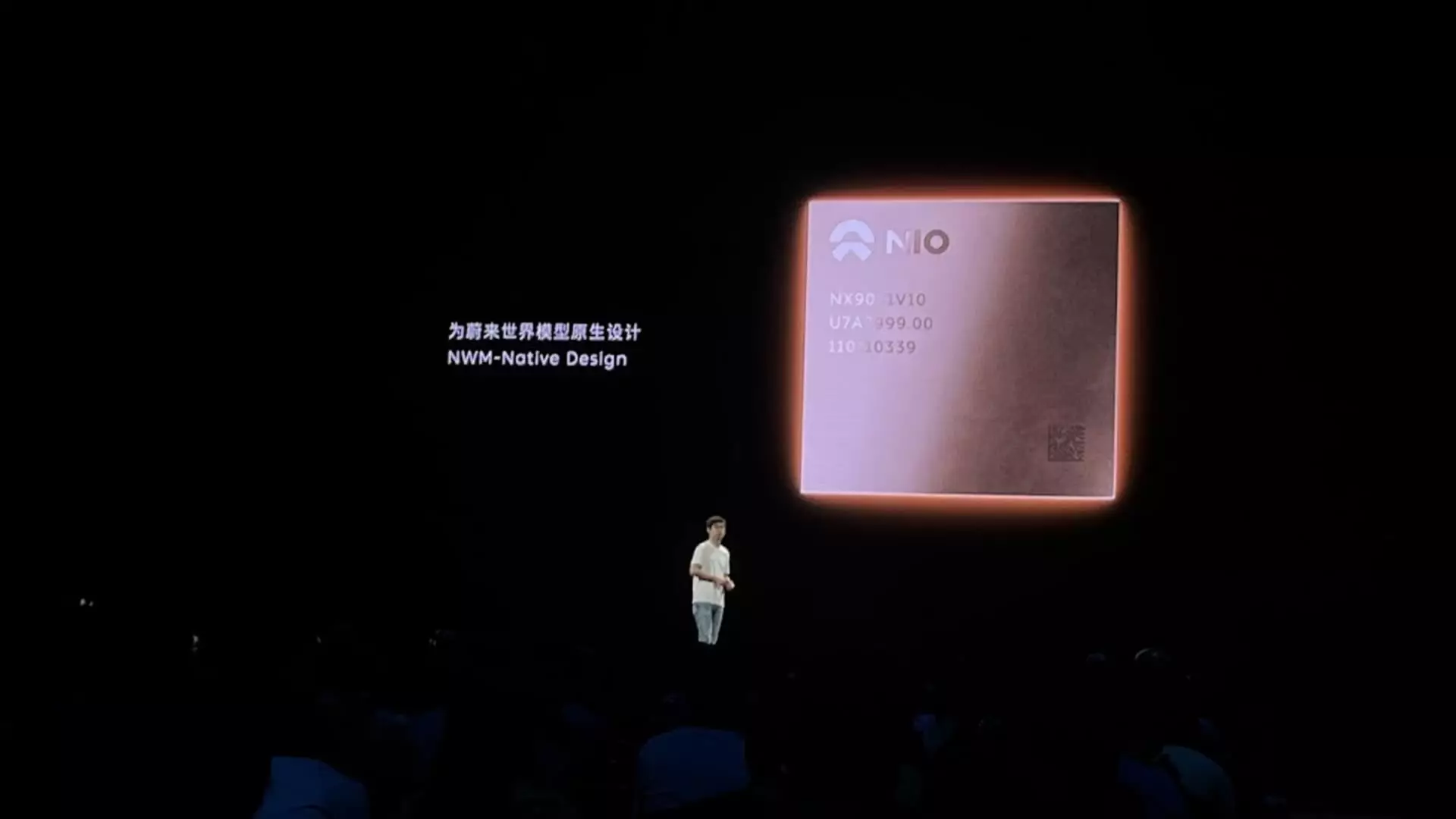Chinese electric car companies are stepping up their game by developing their own in-house auto chips, signaling a shift towards greater technological independence. Companies like Nio and Xpeng have announced the readiness of their custom-designed chips for production, moving away from the reliance on Nvidia chips that has been prevalent in the industry. The move to in-house chips is driven by the desire to differentiate products and enhance features such as driver-assist technology, which is becoming increasingly important in the automotive market.
With major players like Tesla leading the way in self-driving technology, Chinese automakers are motivated to develop their own custom chips to stay ahead of the curve. By designing their own chips, companies can tailor features to suit their specific needs and reduce supply chain risks amidst geopolitical tensions. While traditional automakers may continue to rely on established chip providers like Nvidia and Qualcomm, Chinese companies are seizing the opportunity to innovate and compete at a higher level.
Nio made headlines with its recent announcement of the NX9031 chip, utilizing advanced 5-nanometer production technology for the first time in the Chinese automotive industry. By pushing the boundaries of chip design, companies like Nio are breaking through bottlenecks in intelligent driving chip research and development. Similarly, Xpeng is making waves with its Turing chip, which boasts top-tier driver-assist technology and positions the company as a key player in the Chinese electric car market.
Looking towards the future, Chinese electric car companies are setting their sights on global expansion and establishing themselves as leaders in artificial intelligence-driven vehicles. By investing in in-house chip development and forging strategic partnerships with tech giants like Nvidia, companies like Xpeng aim to create a new standard in smart connected vehicles. With government support and incentives driving the growth of the electric car market in China, companies are well-positioned to shape the future of automotive technology.
Collaboration within the industry is crucial for advancing technological standards and driving innovation in the electric car market. Chinese companies like BYD are leveraging partnerships with companies like Huawei to enhance their driver-assist systems and stay competitive in the global market. The focus on developing new standards for digital key technology highlights the importance of cross-company collaboration and standardization efforts to streamline the user experience and enhance security in smart vehicles.
The shift towards in-house chip development among Chinese electric car companies signifies a new era of innovation and competition in the automotive industry. By investing in cutting-edge technology and forging strategic partnerships, companies like Nio and Xpeng are positioning themselves as global leaders in artificial intelligence-driven vehicles. As the market continues to evolve and adapt to changing technological trends, Chinese automakers are poised to drive significant advancements in the smart connected vehicle landscape.

